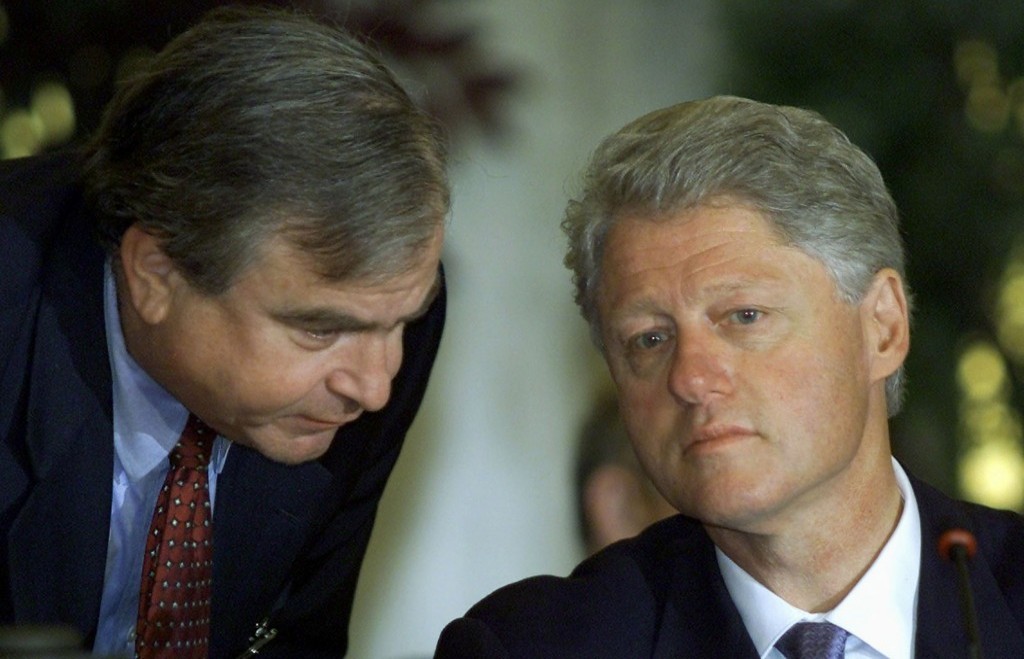On December 2, 2015, a man who had served his country for 40 years, worked for two presidents and served as head of the National Security Agency (NSA) — died of cancer.
This man had negotiated the Dayton Accords that ended the Bosnian War and brought peace to the Balkans. He also spent decades working for the World Food Program USA and was honored with its inaugural Global Humanitarian Award.
Despite this man’s record of accomplishment in public service, when he died, the very first sentence of his obituary in The Washington Post recounted a misdemeanor charge he’d pleaded guilty to a decade earlier.
The misdemeanor that the man had committed was removing five copies of a classified document from the National Archives. He did this in the fall of 2005, as he was preparing to testify in front of the 9/11 Commission. At first he denied it, but later admitted that it was an intentional act.
While the prosecution asked for a $10,000 fine, 100 hours of community service and probation, U.S. Magistrate Judge Deborah Robinson jacked the penalty up to $50,000. She explained her decision to the defendant:
“The court finds the fine is inadequate because it doesn’t reflect the seriousness of the offense.”
For his part, the former NSA chief told the court:
”I let considerations of personal convenience override clear rules of handling classified material…I failed. I will not fail again.”
I remember hearing about this plea and sentencing on the two days that they occurred so many years ago. And I remember thinking what a shame it was that in the span of such a stellar career, Samuel R. Berger had made this mistake and would be largely remembered for it. And he was. And he still is. Google him.
I’ve never met Mr. Berger, but I do know a few folks who go back decades with him — and they rave about his integrity and patriotism. That’s why the way he is remembered saddens me. It seems disproportionately unfair.
But here’s the thing, and there’s really no way of getting around this point if you truly believe in our constitutional republic: If you’ve decided to break the law, then you must be prepared to be charged and prosecuted.
It might feel like accountability is even more important when it comes to those who hold high, official positions of public trust. For they work for us.
But at the very least, every American should be judged based on the facts. Be they a CEO or an intern. A president or a campaign volunteer. No special treatment. “Equal justice under law.”


